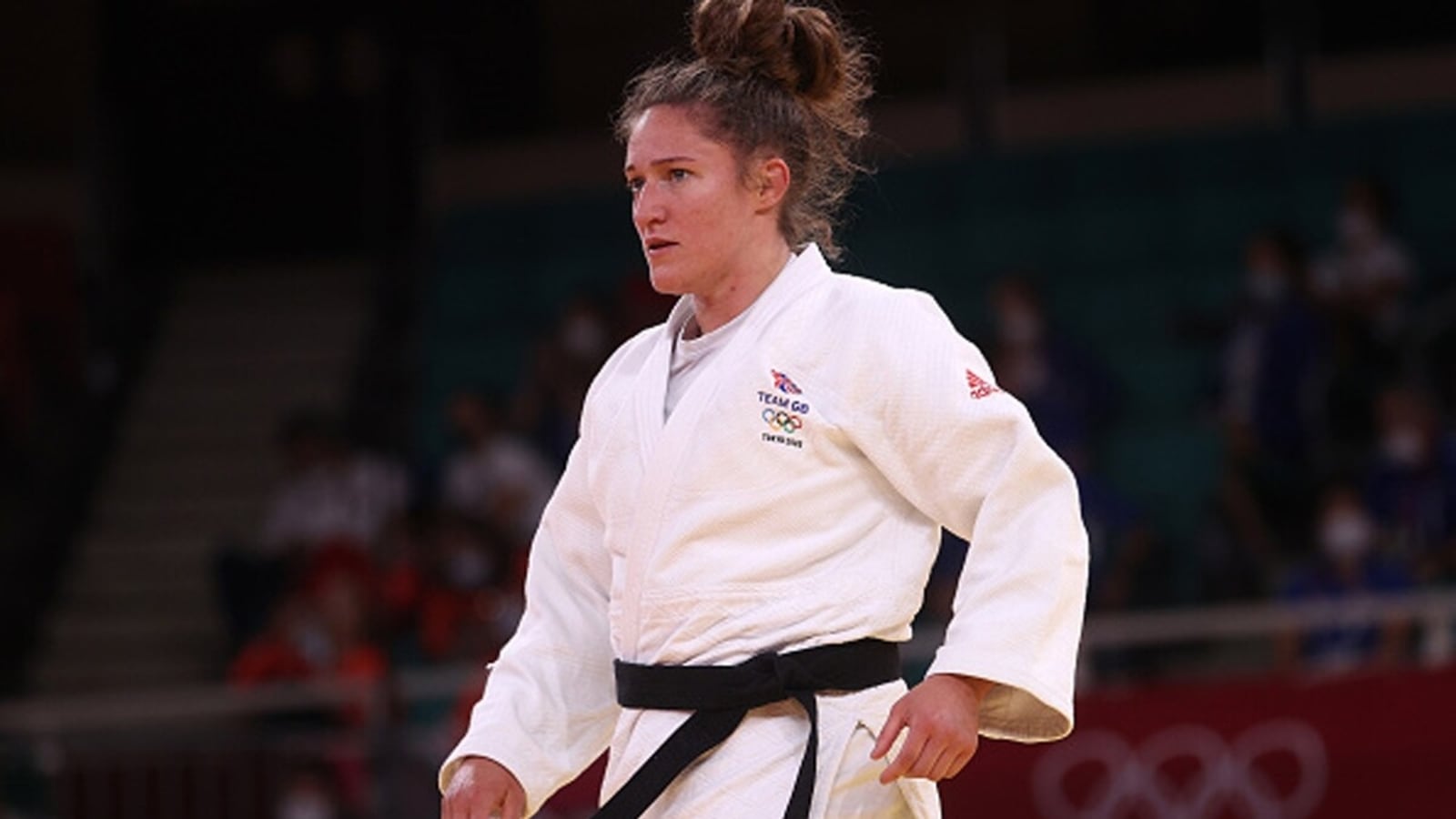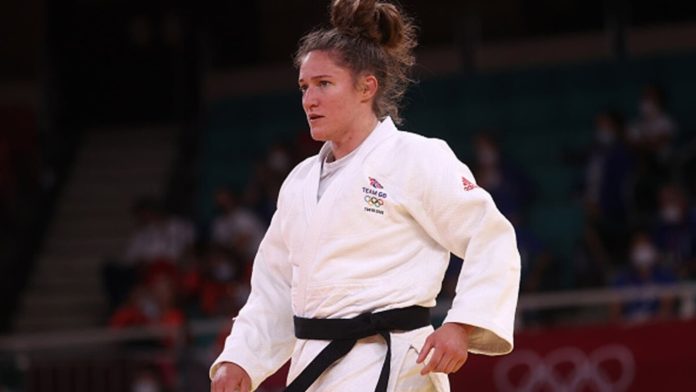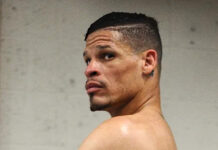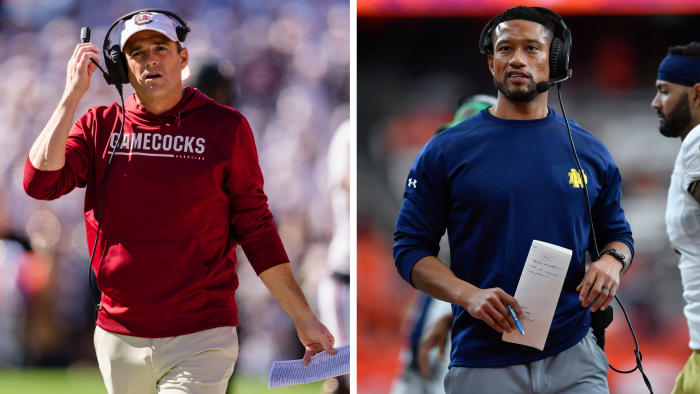
In 2017, Natalie Powell, the 2014 Commonwealth Games (CWG) gold-winning judoka, had a bronze from the World as well as European Championships and the No 1 crown, the first female British judoka to wear that tag.
It was a year of rewriting personal excellence, but also of fast-erasing joy. “I was just sad,” Powell says. “It didn’t do anything for me.”
Powell was gay, and had known it for a few years. Yet she had bottled it all within, until one day it all came gushing out.
“I was constantly crying, not sleeping for months, losing a lot of weight. I’d gotten into a really dark place,” Powell says of the year that followed her 2016 Rio Olympics appearance. “One day, I just broke down. I was living away from home, sharing a room with one of my friends. And I felt like I didn’t have anyone to hide from.”
The 32-year-old doesn’t wish for her fellow gay athletes to hide from anyone too, or live through years of pain like she did.
At the heart of Birmingham lit up for the 2022 CWG rests Pride House, a cultural and entertainment space that welcomes all athletes, staff, volunteers and fans of the LGBTQ+ community. Powell plans to visit it once she’s done defending her 78kg gold this week.
At the opening ceremony, seven LGBTQ+ athletes – including India’s Dutee Chand and British diver Tom Daley – carried the Queen’s baton into the Alexander Stadium and highlighted homosexuality still being a “crime in over half of the Commonwealth countries”, as Daley put it.
Recently, Russia’s highest-ranked female tennis player Daria Kasatkina slammed the homophobic attitude in her country while coming out as gay. The world swimming body FINA banned transgender women who have gone through male puberty from competing in the women’s events.
Powell says there’s still a long way to go in making the sporting world – and indeed the world at large – a more inclusive space for athletes irrespective of their sexuality.
“We’re fortunate that the UK is more forward-looking than other countries about this. Even here I did find it very difficult to come to terms with my sexuality and come out. But when I travel abroad for competitions, there are still a lot of countries where a lot of ground needs to be made. Some countries, you know that there are homophobic laws in place. And that’s incredibly sad,” she says.
Powell could only muster courage to come out in her late twenties, though growing up she knew she didn’t feel the same way about boys as her friends did. Judo would be her escape, and the rhetoric reason to the barrage of “don’t you have a boyfriend yet” questions.
“I’d always be like, ‘No, judo is my priority at the moment’. But you can only say that for so long.” she says. “Once I got to 23-24, I’d accepted that I was gay. But I wasn’t going to do anything about it.
“Luckily for me, I was becoming really successful at judo. If I didn’t have that, I can’t imagine how much worse it would have been. I knew my friends and family would be OK with it, but I was just consumed by not being the cultural norm and worried about what everyone else would think,” she says.
Locked in that room with her friend, the thought was thrown out of the window.
“It was such a release. I couldn’t believe how quickly I felt so different so fast, just by telling that one person. And each time I told someone, I felt a big weight off my shoulders,” Powell says. “I was the same person, but just comfortable with myself.”
She got plenty of support from family and friends, and from her judo colleagues and coaches in the country. “There was not one negative response among my teammates. Everyone was just sad that I kept it to myself for so long and wasn’t able to express it before.”
Any form of release from a cluttered mind tends to bring elite athletes into their zone. For Powell, coming out had the “opposite reaction” on her judo career. She finished 7th in the World and European Championships in 2019, and was out in the first round of the Tokyo Olympics last year.
“It was a weird transition. I had put everything into judo to distract my feelings. And once I had dealt with it, I felt like I had lost a little bit of the fire and passion for the sport. I wasn’t sure if I wanted to do it anymore – did I actually love judo or was it just escapism for me,” she would ask herself. “It was different to a lot of the experiences of athletes that I’d spoken to – that once they have come out they feel free and their performances have shot up.”
Powell has figured out the answer now as she felt the buzz of competing in her home CWG.
“I’m loving the sport again and really comfortable with who I am,” she says.
Research done by Pride House Birmingham has indicated at least 40 publicly out LGBTQ+ athletes so far in this CWG. The Tokyo Olympics featured more out LGBTQ+ participants than any known previous Games (186 identified of the 11,000 participants, according to reports).
Powell hopes things continue to get better and at a much quicker pace for gay athletes. “I see athletes in the 18-20 age bracket coming now. They’re still struggling with it, but to see people coming out at 18-20 makes me feel like things are moving in the right direction.”







